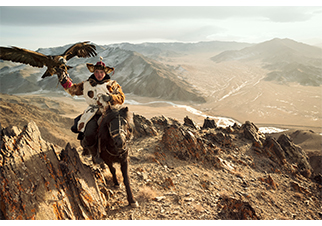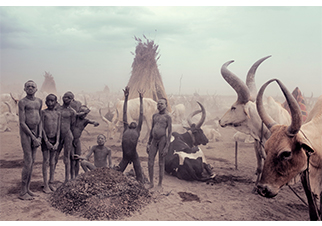From running away from home at the age of 16 to having his peculiar styles in portraits, Jimmy Nelson epitomises everything that you expect from a travel photographer. Humble, hardworking and overall an affable guy, his photographs communicate the subject’s sense of being. In an interview with Asian Photography he speaks about his process and how patience always pays off.
How did you get into photography?
My journey with photography started in my childhood as my father was a geologist and spend his time away from us. I was a young child and I remember these communities and different parts of the world. I was taken out of this side of the world and put in boarding school, so I was confused between both the worlds.
But becoming a photographer was an accident. At the age of 16, I ran away to Tibet and stayed with the monks. With a small camera, I was trying to find a way to reconnect with myself and the experience that I had in my childhood. And in many ways, I’ve spent the whole of my life since then trying to reconnect with it. It’s not the photography which thrills me, but it’s using the camera to see the others and present them in a way that we’ve never normally seen them.
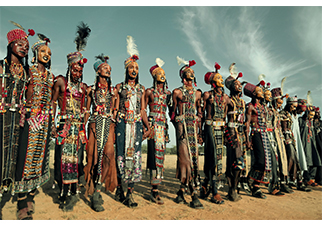
![]()
How did you develop an interest in photographing portraits of tribal and indigenous
people?
Well, I just described in my previous answer the interest started when I left home and went to Tibet to stay with the monks. And trying to find a way to reconnect with myself and that experience I had in my childhood. I used to capture photos of everyone who was nice to me. And that’s how I developed my interest in photographing tribal and indigenous people.
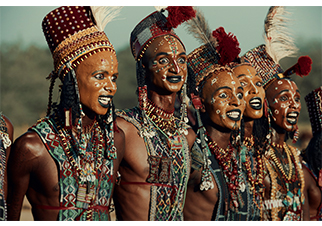
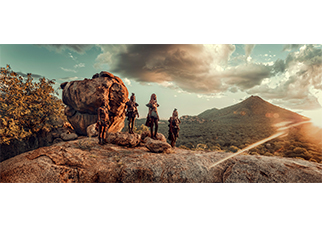
What is the most difficult and rewarding part of being a photographer for you?
Today everyone is a photographer with the growing technology and people capturing images with their smartphones and basic cameras. Everyone captures their own vision. For me this a challenge as well as good to see people evolving with the technology. I am happy that I capture something different and unique from the rest, but I don’t know how far it will go looking at the rise in technology. So the rewarding part is of course the work I do to make myself happy and the difficult part is that there is competition.
